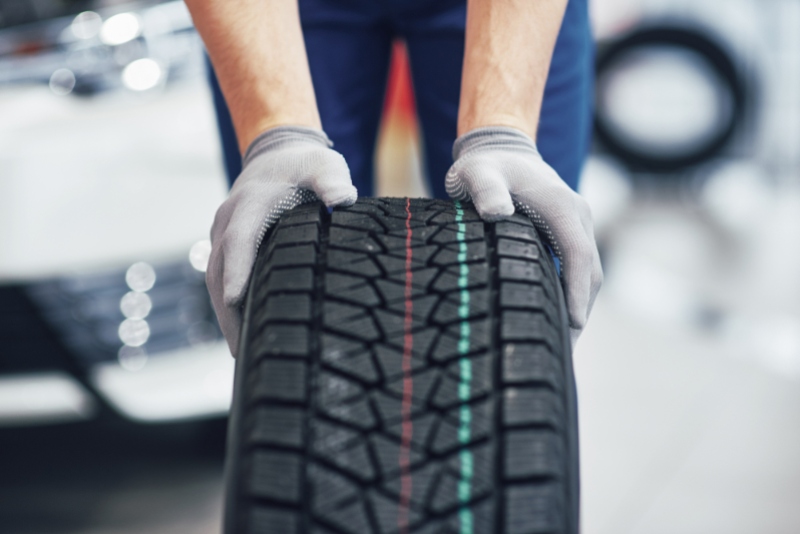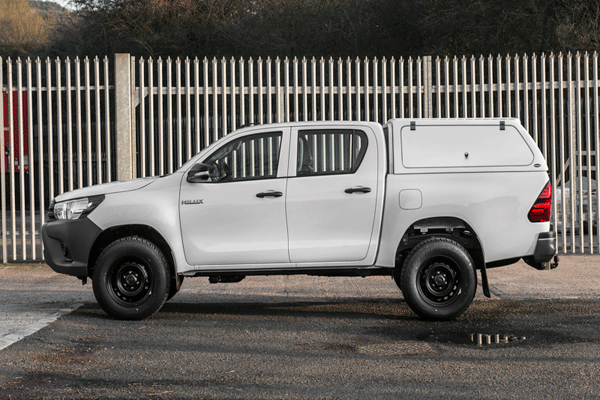Fleet managers have been warned not to buy ‘bargain’ tyres online because they can cost more in the long-term.
 Venson Automotive Solutions is encouraging fleet managers and company vehicle drivers to do their research before buying cheap tyres.
Venson Automotive Solutions is encouraging fleet managers and company vehicle drivers to do their research before buying cheap tyres.
Buyers need to factor in many additional costs over and above the online tyre price, they warn, including tyre fitting, balancing, disposal costs and the potential of costly downtime.
Online purchases often have a fitment lead time of several days. Industry research estimates that the cost to a business is as much as £800, in terms of lost work for each day a van is off the road. This means a short-term bargain can actually end up being costly.
‘If something looks too good to be true then it probably is. Working with fleets daily, we understand the pressure businesses are under to keep operating costs under control,’ said Lee O’Neill, the head of operations at Venson Automotive Solutions.
‘Ultimately, fleet managers, company car and van drivers need to keep downtime to a minimum while optimising convenience and attracting the best possible credit terms, which can make a big difference for any fleet.’
Venson Automotive Solutions has set out seven reasons why fleet managers should avoid purchasing tyres online:
1.Increased downtime - mobile fitment is only available in certain post codes and usually for two or more tyres or above a certain value.
2.Increased costs - opting for mobile fitment, if available in a chosen area, can incur an additional charge of perhaps £20 per transaction.
3.Price fluctuation - tyres bought on the internet can vary from one day to the next as pricing reflects market conditions and product availability.
4.Shorter credit terms - buying tyres online means they are paid for at least three days before fitment and the possible added admin of paying on credit cards and processing payments through expenses.
5.Reduced flexibility - mobile fitment may not be available inside the London Congestion Charge zone.
6.Inconvenience - tyres bought online may have to be fitted at the supplier’s convenience rather than that of the fleet.
7.No maintenance history – unless internal processes are in place you may lose valuable management information such as reason for the tyre replacement and the tread depth that was left on the replaced tyre/s and the other tyres still on the vehicle.






